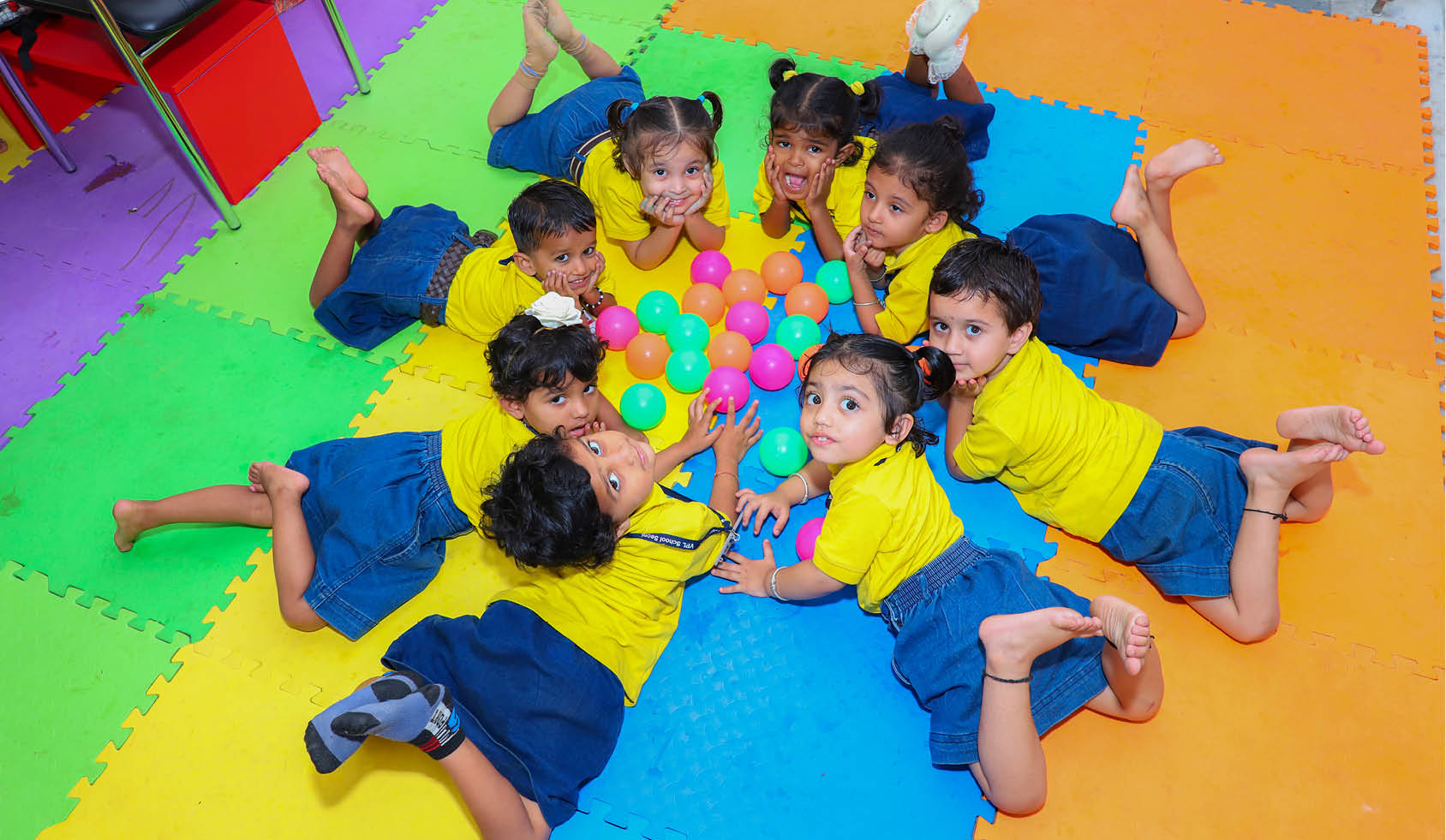Introduction: Embracing Quiet Strengths
In the diverse classroom ecosystem, lively interactions and group activities often take centre stage, introverted children can appear as quiet islands in a sea of chatter. However, this quietness should not be mistaken for a lack of engagement or ability. Understanding and supporting the unique qualities of introverted students can unlock their vast potential, enriching the classroom with their deep reflections and insights.
1. Recognising the Value of Introversion
Introversion is characterised by a preference for internal thought processes and a need for solitary moments to recharge. Introverted children often excel in creativity, critical thinking, and independent projects, bringing valuable perspectives to the classroom. Recognising and valuing these traits is the first step towards fostering an inclusive learning environment.
2. Providing Alternative Participation Opportunities
Traditional classroom participation, which frequently rewards outward expression, can be challenging for introverted students. Teachers can offer alternative ways to contribute, such as written reflections, online forums, or small group discussions, ensuring every student has a voice.
3. Encouraging Positive Social Interactions
While introverted children might shy away from large social gatherings, they often thrive in one-on-one or small group settings. Structuring activities that allow these interactions can help introverted students build confidence and form meaningful connections with their peers.
4. Allowing Time for Thoughtful Responses
Rapid-fire questions and on-the-spot answers can be daunting for students who prefer to process their thoughts internally. Allowing extra time for introverted children to formulate their responses can encourage more meaningful participation and demonstrate that their thoughts are valued.
5. Creating a Supportive and Understanding Classroom Culture
Cultivating a classroom culture where differences are celebrated and every student feels respected is crucial. This involves educating students about the strengths of both introversion and extroversion, promoting empathy, and discouraging stereotypes.
6. Tailoring Feedback and Encouragement
Introverted students respond differently to feedback and encouragement. Personal, one-on-one feedback can be more effective than public praise, helping to build their confidence and reinforce their contributions to the classroom.
Podar Learn School Seoni: Championing the Introverted Learner
At Podar Learn School Seoni, we are committed to recognising and nurturing the unique qualities of every student, including those who are introverted. Our approach, grounded in the “Nayee Generation – Nayee Approach,” ensures that introverted children are accommodated and celebrated for their contributions.
By implementing strategies that value quiet reflection as much as vocal participation, VPLS Seoni creates a learning environment where introverted students can thrive. Our educators are trained to recognise the diverse needs of their students, adapting their teaching methods to support deep engagement and personal growth for all, including the quietly curious minds.
Conclusion: Valuing Quiet Contributions The curious case of introverted children in the classroom is a reminder of the broad spectrum of human engagement and the need for educational environments to adapt to all types of learners. By acknowledging the strengths of introverted students and providing them with the support and opportunities they need to shine, schools can unlock the doors to a world where every child feels valued and empowered to reach their full potential.

